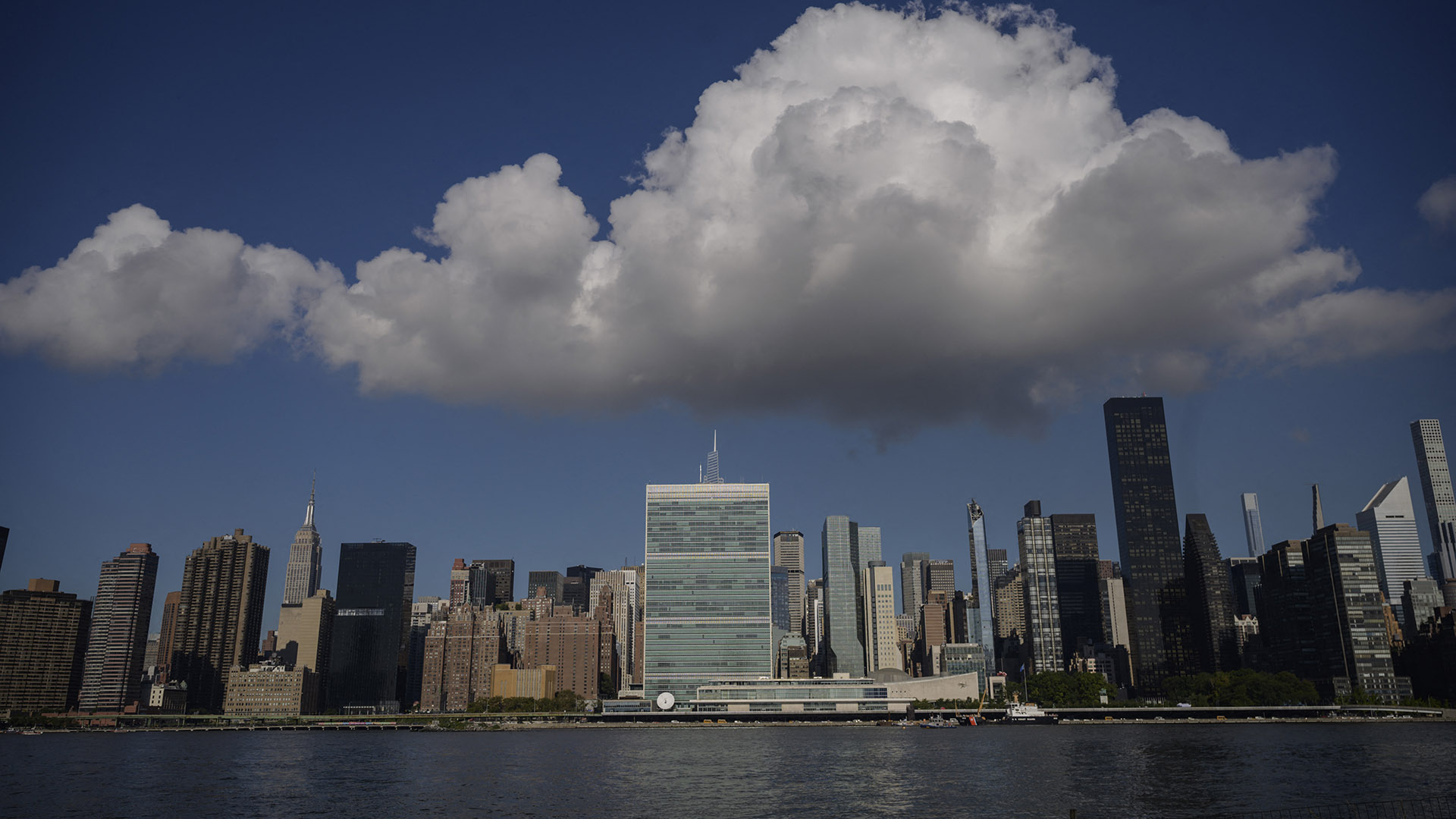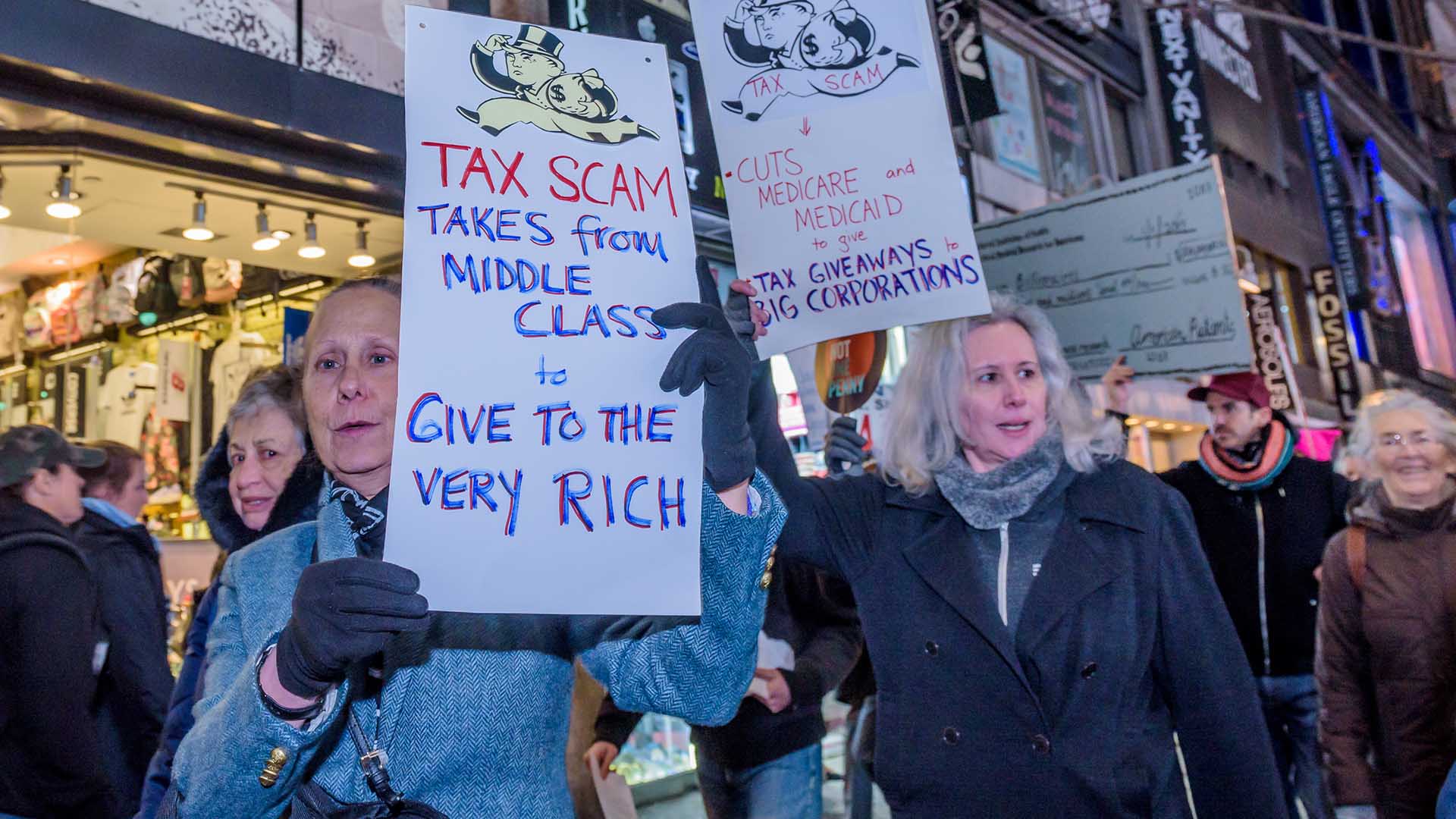A new lawsuit that could roil the volatile, multibillion-dollar market for cryptocurrency stems from a link between executives revealed in the Paradise Papers.
The lawsuit alleges that crypto exchange Bitfinex and its sister company Tether manipulated the crypto market, harming traders and benefiting themselves.
The suit was filed in October in a federal court in New York on behalf of investors who lost money during last year’s precipitous crash in bitcoin’s value.
At the heart of the lawsuit is a connection found in the Paradise Papers: two leading executives of Bitfinex, Giancarlo Devasini and Philip Potter, were also beneficial owners of Tether, which provided a more secure type of cryptocurrency called stablecoins that were purportedly backed by U.S. dollars.
“Right in the height of the bitcoin bubble, the Paradise Papers comes out and shows that Tether and Bitfinex are controlled by the same people,” said Kyle Roche, the lead attorney filing the complaint. “The fact that this overlapping ownership structure was hidden until November 2017 is shocking.”
The suit charges that stablecoins from Tether were used to inflate the value of the cryptocurrency on the Bitfinex exchange, and that Tether misled investors by claiming that stablecoins were fully backed by U.S. dollars when it did not, in fact, hold equal amounts of dollars to stablecoins in its reserves.
It maintains that Bitfinex and Tether’s potential liability – if damages caused by bitcoin’s crash were tripled under antitrust laws and the Racketeer Influenced and Corrupt Organizations Act (RICO) – could surpass a trillion dollars.
Bitfinex and Tether say they disclosed their shared ownership prior to the Paradise Papers and maintain that the lawsuit is meritless.
Joe Morgan, a spokesman for Bitfinex and Tether, provided a court filing that the companies submitted to a federal court in California in April 2017 in an unrelated case against Wells Fargo that disclosed that Devasini and Potter were among the owners of both companies. The companies also disputed that Tether’s activities were responsible for the 2017 spike in bitcoin prices.
“It is reckless – and utterly false – to assert that Tether tokens are issued in order to enable illicit activity,” Tether said in a previous statement on the issue that it shared with ICIJ.
Despite the April 2017 court filing, the shared ownership of Bitfinex and Tether came as a revelation to the wider public.
A November 2017 article in the New York Times noted that documents from the Paradise Papers detailing how Bitfinex executives were among the founders of Tether contradicted the companies’ long insistence that their operations were separate.
New York State Attorney General Letitia James obtained a court order against the companies in April 2019 in connection with her office’s investigation into whether Bitfinex had secretly covered losses using funds from Tether.
“Our investigation has determined that the operators of the ‘Bitfinex’ trading platform, who also control the ‘tether’ virtual currency, have engaged in a cover-up to hide the apparent loss of $850 million dollars of co-mingled client and corporate funds,” James said in a statement on April 29.







